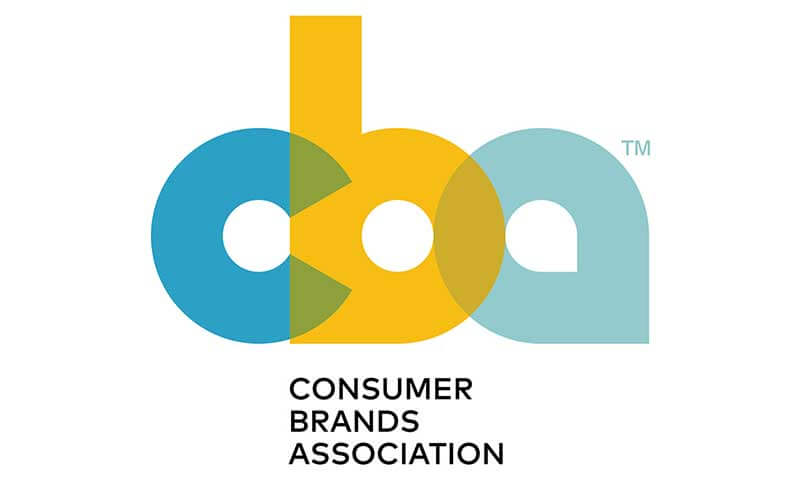The Nov. 5 jobs report from the Bureau of Labor Statistics shows strong overall improvement from September’s dismal number but fails to make significant gains in key segments that are critical to alleviating the nation’s supply chain crisis. According to the Consumer Brands Association’s analysis of the October BLS data, the consumer packaged goods industry added 6,400 jobs last month, doing little to close the gap on the nearly 140,000 job openings.
Geoff Freeman, Consumer Brands president and CEO, issued a statement on the Nov. 5 passage of the Infrastructure Investment and Jobs Act, H.R. 3684, otherwise known as the Bipartisan Infrastructure Framework.
“Today’s passage reverses years of inaction and inattention in Washington that has worsened our current supply chain crisis. We applaud Congress for passing a comprehensive infrastructure bill that will help build supply chain resiliency in the future,” Freeman stated.
“This legislation is a monumental step forward, but it cannot solve the immediate supply chain crisis that is hampering the economy and driving increased costs for American families. With the looming potential of shortages of essential goods, we encourage Congress and the Biden administration to stay focused on what can be done to fix problems now. Consumer Brands put forward a set of immediate policy recommendations and will continue to act as a partner to the administration to ease supply chain bottlenecks and ensure consumers have access to products they depend on every day,” he said.
As the supply chain crisis worsens, American families are becoming more aware – and more concerned – about product shortages in grocery stores. In a Consumer Brands/Ipsos poll of 1,021 Americans conducted Oct. 21-25, a majority (62 percent) of respondents expressed concern over access to grocery products due to supply chain concerns. Half (50 percent) of Americans say they have already experienced grocery product shortages in the past few months and another 17 percent say they expect to in the coming months.
Their concern over access to grocery products outweighed worries about getting holiday gifts like electronics, toys or apparel.
Shortage concerns and the most recent job numbers invite questions about what will happen in the wake of the Nov. 4 release of the Occupational Safety and Health Administration’s final rule formalizing President Joe Biden’s vaccination and testing requirements. Consumer Brands met with and provided comments to the administration during the development of the rule, including a set of 98 questions sent to OSHA, many of which were answered in the agency’s guidance.
“We thank the administration for listening to our concerns and offering a high level of detail and clarity,” said Freeman. “Our industry will do everything in its power to encourage vaccination and ensure this policy is successful.”
The labor shortage reflected in today’s jobs numbers is hurting every link of the supply chain. For example, the trucking industry added only 8,000 jobs in this month’s report, far short of the 80,000 needed, according to the American Trucking Associations.
With so much unknown about how the vaccine and testing requirements will affect the critical supply chain workforce, it is imperative that the White House keep a regular dialogue with the private sector to stay tuned into how implementation is affecting the production and delivery of essential products leading up to the Jan. 4 deadline.
“We said at the outset of the mandate that the devil was in the details. Now the devil is in the implementation,” Freeman said. “With the supply chain at its breaking point, we cannot allow ourselves to be blindsided by crisis on Jan. 5.”
CBA champions the industry whose products Americans depend on every day, representing nearly 2,000 iconic brands. From household and personal care to food and beverage products, the consumer packaged goods industry contributes $2 trillion to U.S. GDP and supporting more than 20 million American jobs.

